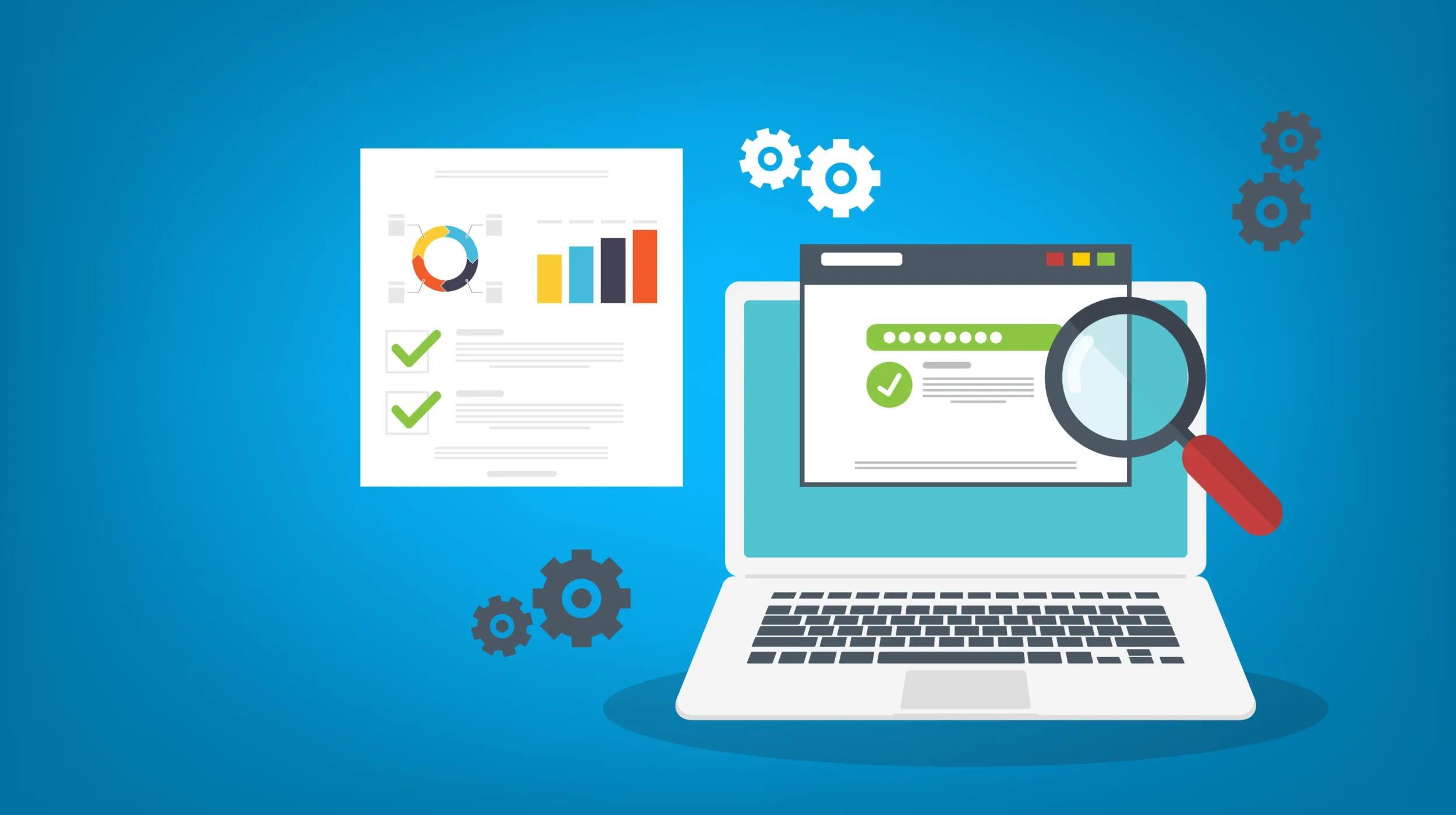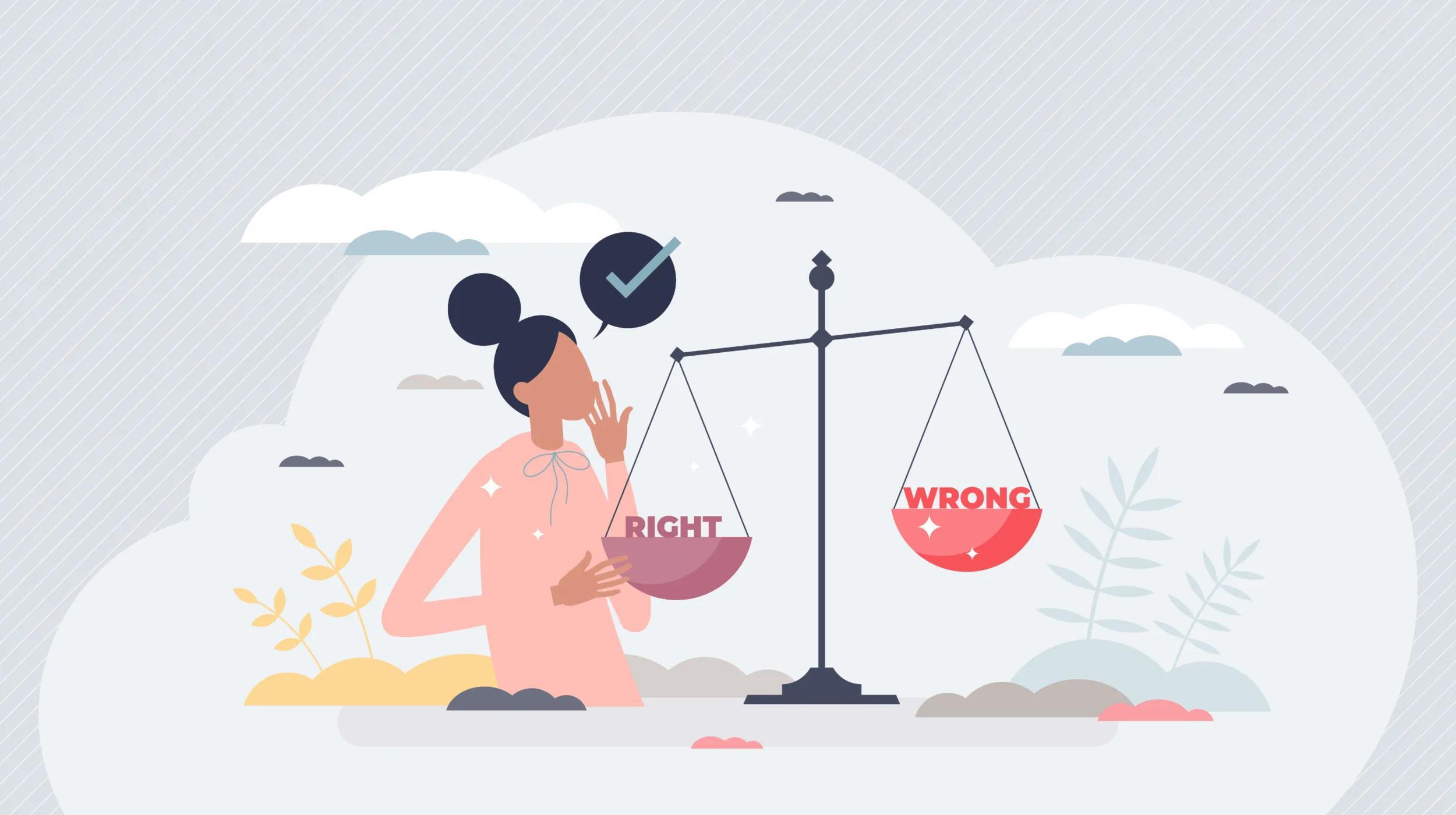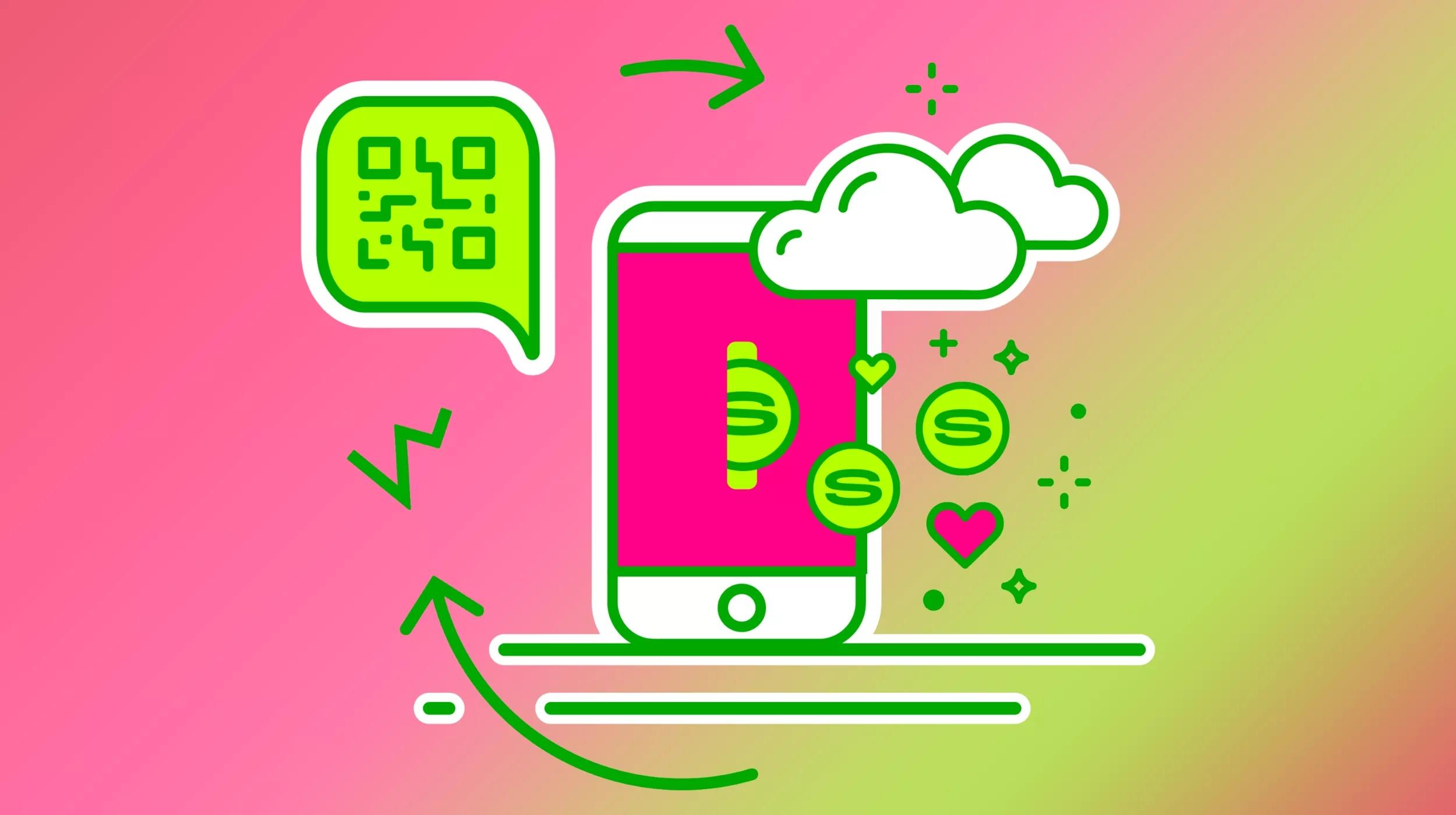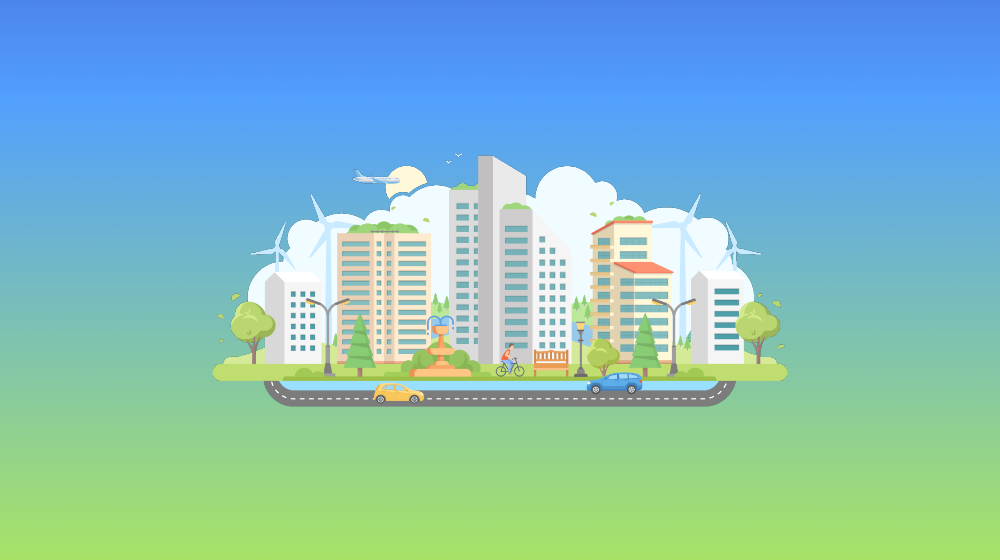If you are reading this, it’s likely you are doing so on a computer or other device. Ironic, isn’t it, since this article is all about the National Day of Unplugging and why you should pay attention to it.
In our digital age, we are glued to our phones, computers and other devices. While technology has clearly made our lives more convenient and connected, it can also have negative impacts on our mental and physical health. That's why the National Day of Unplugging is so important.

Go from idea to online in minutes with GoDaddy Airo™
Get started now.
What is the National Day of Unplugging?
The National Day of Unplugging, celebrated on the first Friday of March, encourages people to disconnect from technology for 24 hours and engage in real-world activities that promote mindfulness, connection and well-being.
The constant need to check social media or email can lead to addiction-like behavior and a lack of productivity.
By finding a balance and using technology in a mindful way, you can reap the benefits of technology without sacrificing your overall well-being.
In this article, we’ll explore the negative impacts of technology addiction, the advantages of unplugging, and give you some practical ways to mindfully disconnect from technology on the National Day of Unplugging and beyond.
How did the National Day of Unplugging start?
The National Day of Unplugging was started in 2009 in partnership with Jewish arts and culture non-profit Reboot and Sabbath Manifesto. The event draws on the Jewish tradition of observing a weekly day of rest, called Shabbat. In Jewish culture, Shabbat is typically observed from sunset on Friday evening until nightfall on Saturday.
Shabbat is considered a holy day and a time of spiritual rejuvenation and renewal.
During this time, participants are encouraged to refrain from work and engage in activities that promote rest, reflection and connection with family and community.
But this event is not limited to those of the Jewish faith; the National Day of Unplugging encourages people of all backgrounds to embrace the benefits of unplugging from technology for entertainment and communication and, instead, connecting with the world around them.
It’s gained popularity over the years, with participants around the world stepping away from their computers and smartphones to engage in activities like spending time with loved ones, exploring the outdoors, and practicing mindfulness.
The negative effects of technology
The rapid advancement of technology has led to a drastically different relationship with tech for younger generations than with their parents and grandparents.
The term ‘digital native’ refers to people who have grown up using digital technology, and are therefore highly comfortable with and possibly dependent on it.
While tech savviness can bring many benefits, digital natives might find it difficult to disconnect from their devices, as they have integrated them so deeply into their lives. While some claims about the harmful effects of excessive technology use might be a little overblown, there is still plenty of research indicating that it can negatively impact mental and physical health.
The National Day of Unplugging is especially relevant because technology addiction, also known as internet addiction or digital addiction, is a growing concern
The addictive nature of technology is attributed to the release of dopamine, a neurotransmitter that activates the brain's reward center. This can create a cycle of dependence on technology. The effects of technology addiction can vary depending on individual factors, such as age, gender, personality and social support networks.
Physical problems
Excessive use of technology can lead to physical problems, including:
- Eye strain: Staring at screens for extended periods of time can cause dry eyes and headaches.
- Poor posture: Slouching over devices for prolonged periods of time can lead to wrist, neck and back pain, and spinal issues.
- Poor sleep quality: The blue light emitted from screens can disrupt the body's production of melatonin, a hormone that regulates sleep, and lead to difficulty falling asleep.
But that’s not all …
Mental health problems
Overuse of technology also can lead to mental health issues, such as anxiety, depression, social isolation, impulsivity, and an inability to control one's use of technology.
In addition, technology addiction can contribute to decreased intimacy and emotional connection in relationships, as individuals might prioritize their technology use over spending time with their partners or engaging in activities that promote intimacy and bonding. In one study, 55% of participants felt like their spouse/partner spends too much time on their mobile phone.
While not all digital natives will experience technology addiction, it's important to recognize the signs of technology addiction and seek help if necessary to promote a healthy balance between technology use and other aspects of life.
Related: Is it time for a digital detox?
The benefits of unplugging
Although it can feel hard to break away from the screen, reducing screen time doesn't necessarily mean abandoning the use of technology altogether.
By striking a balance and engaging with technology purposefully, you can enjoy the advantages of technology without compromising your overall health and wellness.
Aside from mitigating the negative impacts of technology overuse noted above, unplugging can:
- Reduce stress and anxiety: Taking a break from technology allows us to disconnect from the constant demands of work and social media.
- Enhance social connections: Unplugging allows us to connect with others on a deeper level and engage in activities that promote social interaction.
- Increase mindfulness: Disconnecting from technology can promote mindfulness, allowing us to live in the present moment and appreciate the world around us.
Unplugging also enables us to engage in activities that promote creativity, such as spending time in nature, practicing meditation, and pursuing hobbies.
Related: Mindfulness for entrepreneurs
Tips for unplugging
The National Day of Unplugging is just one day, but it can be a great starting point to help you develop a healthier relationship with technology in the long term.
By creating boundaries around our use of technology, we can enhance our overall well-being and live more balanced and fulfilling lives.
If you’d like to try it for yourself, here are some steps you can take to participate:
- Plan ahead. Make plans for activities that don't involve technology, such as reading a book, taking a walk, or spending time with friends and family. Here’s a full list of unplugged ideas.
- Turn off your devices. Power down your phone, computer, and any other electronic devices. Consider turning off notifications for the day if that works better for you.
- Engage in analog activities. Spend time doing activities that don't involve technology, such as board games, arts and crafts, and outdoor activities.
- Connect with others. Use the opportunity to connect with others in person. Spend quality time with friends and family, or attend community events.
- Reflect. When the day is done, take some time to reflect on your relationship with technology and how it impacts your life. Use this as an opportunity to reset and consider how you can create a healthier balance in your life.
Find what works best for you. Making unplugging a regular habit can be challenging, but there are a few things you can do to make it easier.
- Set specific times to check your phone or computer.
- Designate certain areas of your home as technology-free zones.
- Find alternative activities to fill the time that you would normally spend on your devices.
Remember that it's OK to start small and gradually build up to longer periods of time without technology. Even just practicing mindfulness when using technology can help increase awareness of your screen time and reduce mindless scrolling.
Finally, consider enlisting the support of friends or family members to hold you accountable and make the process more enjoyable.
Unplugging is not about eliminating technology altogether, but about finding a healthy balance and using it in a mindful way. Start small and be patient with yourself as you develop this new habit.
Wrapping up
For many of us, taking even an hour away from our devices seems impossible. The benefits of stepping away, however, are clear. And the National Day of Unplugging is the perfect opportunity to take that first step.
By participating in this annual event, you can begin to gain a fresh perspective, reduce stress and anxiety, improve your physical health, and strengthen your relationships with those around you.
You might even discover new hobbies, rediscover old passions, and create memories that will last a lifetime. So why not take the plunge and join the millions of people who have already made unplugging a regular habit? Whether it's for the day, a weekend, or longer, the National Day of Unplugging is a great place to start. So mark your calendars for the first Friday in March, unplug your devices, and enjoy the many benefits of a tech-free life!






